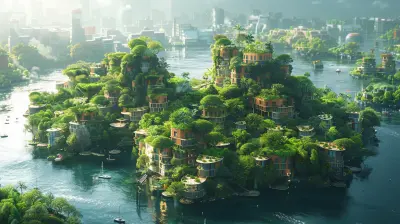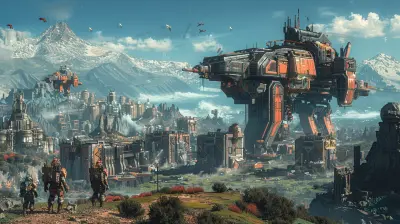Eco-Friendly Simulators: Balancing Nature and Industry in Virtual Worlds
18 July 2025
Let’s be honest—most of us love a good simulator. Whether it's building massive cities, managing factories, or shaping societies, simulation games give us the power to create and control entire worlds. But what if these worlds could also reflect something more meaningful? What if we could use our love for simulators to dive into the complexities of sustainability and environmental responsibility?
Welcome to the green side of gaming—eco-friendly simulators. These aren’t just about building empires or boosting profits. They're about balance. They challenge us to think about how industries and nature can coexist in harmony, throwing us into scenarios where every decision matters for both the bottom line and the planet.
In this article, we’re going to dig deep into the rise of eco-friendly simulators, why they matter, how they’re changing the gaming landscape, and what makes them such a hit with gamers who care about the environment.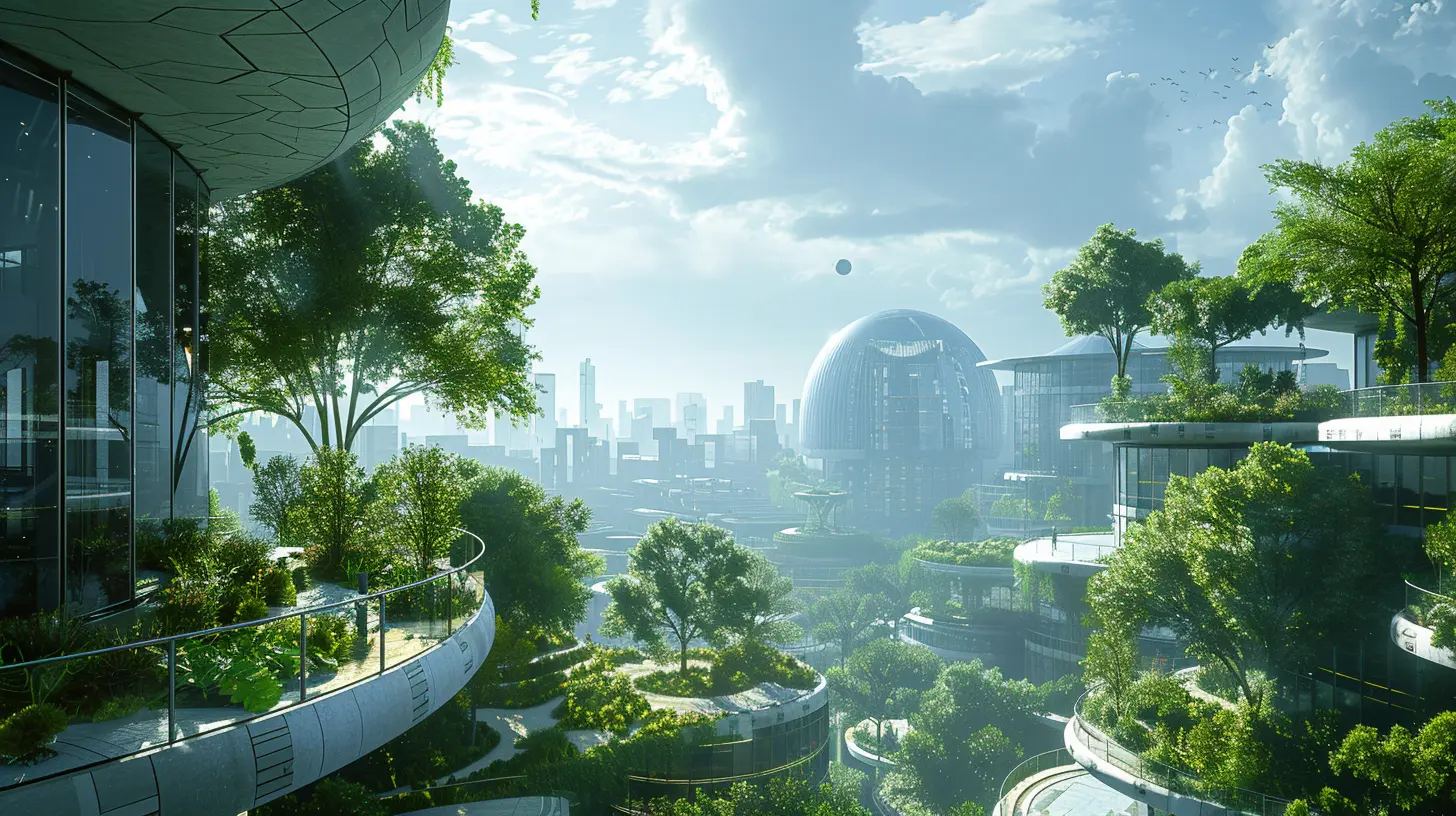
What Are Eco-Friendly Simulators?
Imagine building a city, but instead of plowing over forests and pouring out pollution to get ahead, you’re optimizing wind energy, recycling waste, and planting green spaces. That’s the essence of an eco-friendly simulator.These games simulate industrial and environmental systems, giving players the challenge of balancing economic growth with ecological well-being. It's not just about profits anymore—success is measured in clean air, renewable resources, and biodiversity.
Popular titles in this space include:
- Eco
- Surviving the Aftermath
- SimCity (with green city mods)
- Cities: Skylines – Green Cities expansion
- Terra Nil
Each of these games lets players wrestle with real-world sustainability issues—only this time, it's in a fun and engaging virtual sandbox.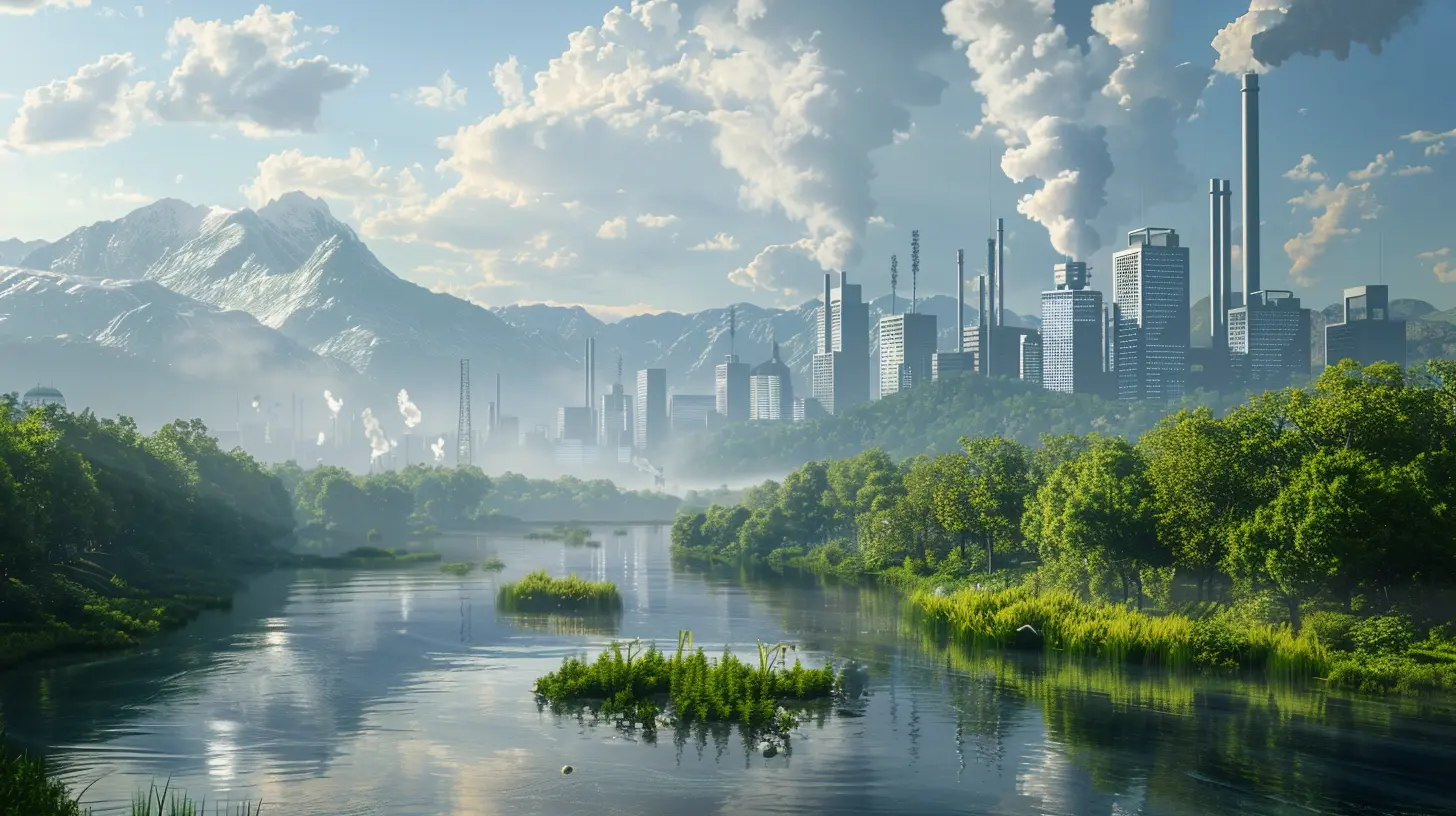
Why Are Eco-Friendly Simulators Gaining Popularity?
1. Real-World Relevance
Let’s face it: climate change, pollution, and resource depletion are all hot-button issues. As the world wakes up to environmental concerns, gamers—especially the younger generation—want experiences that reflect these global conversations. Games that simulate sustainability give players a way to explore these issues hands-on.2. Education Meets Entertainment
These simulators double as learning tools. You start out thinking you’re just playing a game, but you end up walking away with knowledge about renewable energy systems, sustainable farming, and pollution management. It’s like sneaking vegetables into a smoothie—you don’t even realize you’re learning because you’re having such a good time.3. Deeper Gameplay and Strategy
Eco-focused simulators raise the stakes by adding layers of complexity. Want to build a coal power plant? It might be cheaper and faster, but it'll pollute the water and kill off fish populations. Solar power? Expensive at first, but pays off in the long run. These moral and strategic choices create a rich gameplay experience that’s far more rewarding than standard resource farming.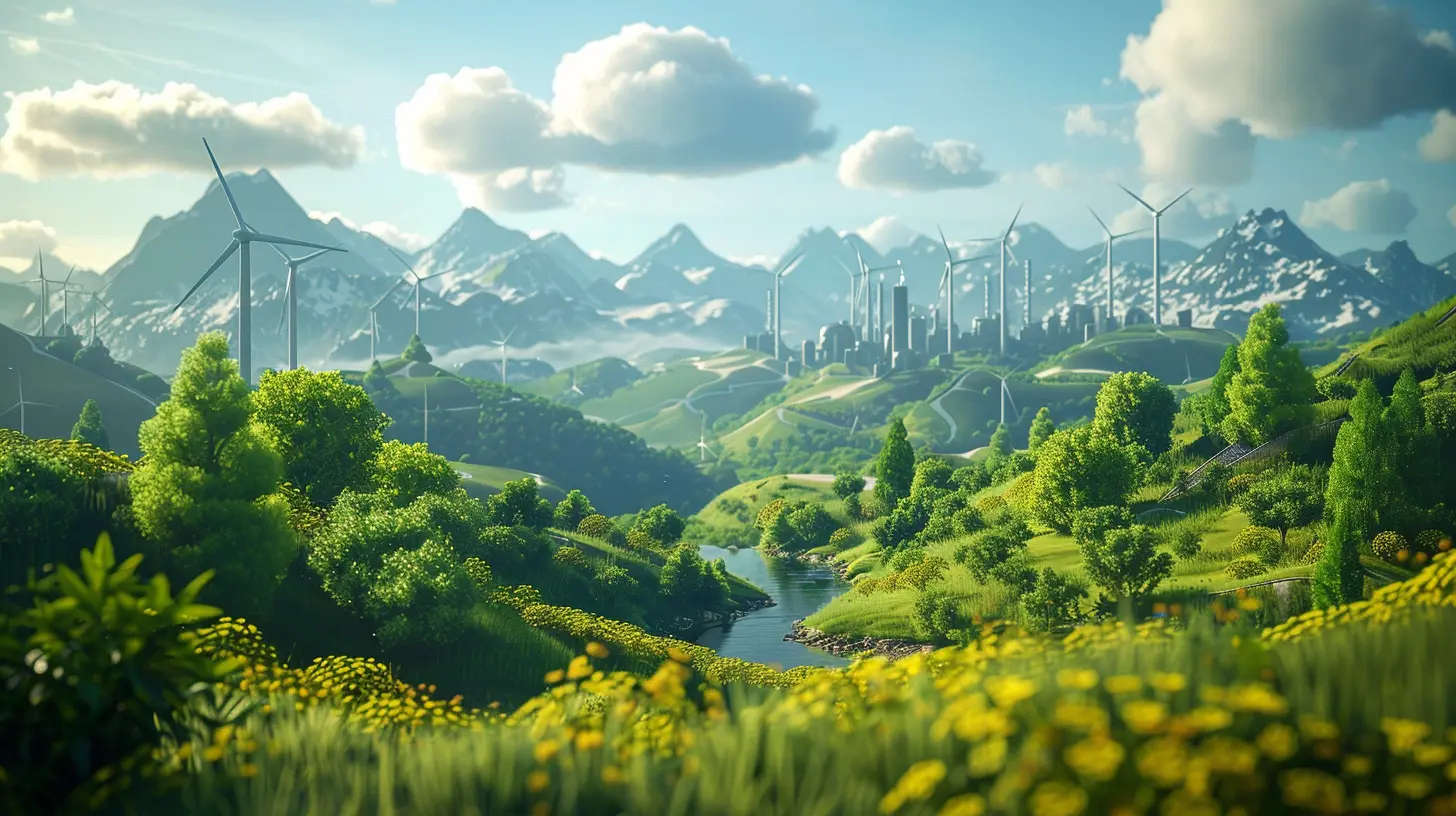
Core Gameplay Elements of Eco-Friendly Simulators
Sustainability Metrics
These games often include real-time stats that track your environmental impact—air and water pollution levels, CO₂ emissions, resource depletion, and more. Think of it like having a fitness tracker, but for the virtual environment.Renewable Resource Management
You’ll learn to harness solar, wind, hydro, and geothermal energy. But it’s not just about slapping down a few turbines. You’ll need to consider factors like location, grid capacity, and seasonal changes.Eco-Centric Economy
Can your town survive off recycled goods? Do green policies cost jobs, or create them? Eco-friendly simulators force you to juggle economic stability and public approval while keeping sustainability at the forefront.Biodiversity and Conservation
Some simulators add the responsibility of maintaining ecosystems—protecting endangered species, managing wildlife habitats, and restoring natural landscapes. You're not just managing people, you're managing life.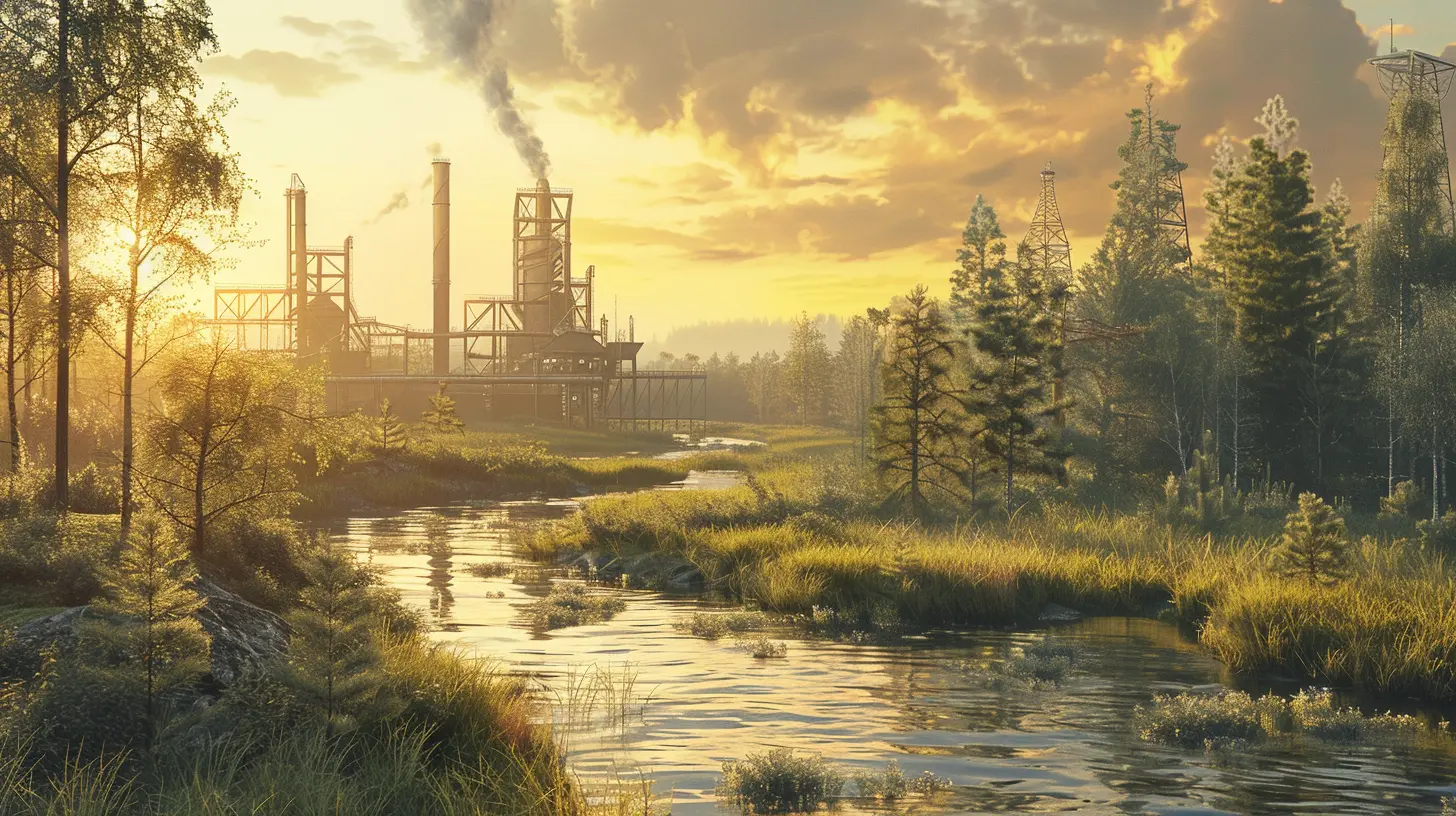
The Human Appeal: Why Players Love These Games
A Fresh Challenge
Let’s be real—traditional economy-driven simulators can get a little predictable. Add pollution, make profits, repeat. Eco-sims force you to think outside the box. You can’t bulldoze your way to success. You’ve got to be creative, resourceful, and strategic.Morally Rewarding
There’s something deeply satisfying about knowing you’re doing the "right thing" in-game. Planting trees, reducing emissions, or restoring wildlife habitats feels like a win not just for your progress bar, but for your conscience.Relaxing Yet Thought-Provoking
Most eco-sims have a chill vibe. Relaxing music, beautiful landscapes, and soothing colors. But just beneath that calm surface, they’re making you think. They're not just a way to unwind—they’re a way to connect with important ideas.Notable Games Making a Difference
Let’s zoom in on a few standout eco-friendly simulators that are pushing the envelope.1. Eco
Built on the premise that players must build a civilization capable of stopping a meteor from destroying the world—without ruining the environment themselves. It’s a multiplayer sandbox where every action you take affects the shared ecosystem. Over-farming leads to food shortages. Deforestation leads to soil erosion.Eco is basically “SimCity meets ecology class,” and it’s brilliant.
2. Terra Nil
This reverse city-builder flips the script on traditional simulation games. Instead of constructing skyscrapers and factories, you’re tasked with restoring a lifeless wasteland into a thriving ecosystem. Clean up pollution, bring back wildlife, and then walk away, leaving no trace.The message? Sometimes the best thing we can do is give nature the space to heal.
3. Cities: Skylines – Green Cities DLC
Already a massive hit in the city-building genre, Cities: Skylines took a huge step forward with its Green Cities expansion. It added eco-friendly buildings, electric cars, clean energy options, and new pollution-management systems. Now, players had to think about more than just traffic jams—they had to consider air quality and sustainable growth.How Eco-Sims Foster Real-World Awareness
It’s easy to dismiss video games as mindless fun. But eco sims show how games can spark real-world change.These titles subtly shift player perspectives. After spending hours managing virtual pollution levels, you start noticing things in real life—your water usage, your waste habits, your power consumption. Games have this sneaky way of making people care, and eco sims do it perfectly.
Some schools and educational institutions are even using these games as teaching tools. Why? Because nothing sticks quite like experience. Telling someone about deforestation is one thing. Watching your in-game forests disappear and your city suffer the consequences? That’s a lesson you don’t forget.
Challenges in Designing Eco-Friendly Simulators
Of course, crafting these kinds of games isn’t easy. Developers face a tough balancing act.1. Realism vs. Fun
Make the game too realistic, and it starts to feel like homework. Make it too easy, and you lose the environmental message. Developers need to hit the sweet spot between education and entertainment, and that’s no walk in the park.2. Player Choice vs. Ethical Messaging
Gamers love freedom. But if every eco-friendly path is clearly “the right one,” it can feel preachy. The best eco-sims create gray areas—do you allow a bit more pollution to keep your people employed? Do you sacrifice short-term profits for long-term sustainability? It’s about giving players real choices, not just moral lessons.The Future of Eco-Friendly Simulators
The genre is still growing, but the potential? Massive.As climate concerns become more urgent, expect to see more developers tapping into environmental themes. With advances in AI, dynamic weather systems, and real-time ecological modeling, games will become even more immersive and educational.
And with VR on the rise, imagine donning a headset and stepping into an ecosystem you’ve built from scratch—feeling the wind through your virtual forest, hearing the birds you’ve helped protect. That’s next-level eco-gaming.
Conclusion: A Greener Tomorrow Starts in Virtual Worlds
Eco-friendly simulators aren’t just a new gaming trend—they’re part of a larger cultural shift. People want games that reflect their values, challenge their minds, and do a little good while they're at it.These games show us that industry and nature don’t have to be enemies. They can (and should) work together. Sure, it's in a game, but the impacts reach far beyond the screen. They teach us empathy, responsibility, and the beauty of balance.
So next time you boot up a simulator, ask yourself—can I grow an economy without drowning the world in smog? Can I innovate without exploiting every resource?
If the answer is yes… you’re playing the future.
all images in this post were generated using AI tools
Category:
Simulation GamesAuthor:

Pascal Jennings
Discussion
rate this article
1 comments
Justice Patterson
In blending nature with industry, eco-friendly simulators challenge us to reflect on our real-world choices, inspiring sustainable practices through interactive storytelling.
July 30, 2025 at 4:59 AM

Pascal Jennings
Thank you for your insightful comment! I'm glad you appreciate how eco-friendly simulators can inspire real-world sustainability through interactive experiences.

